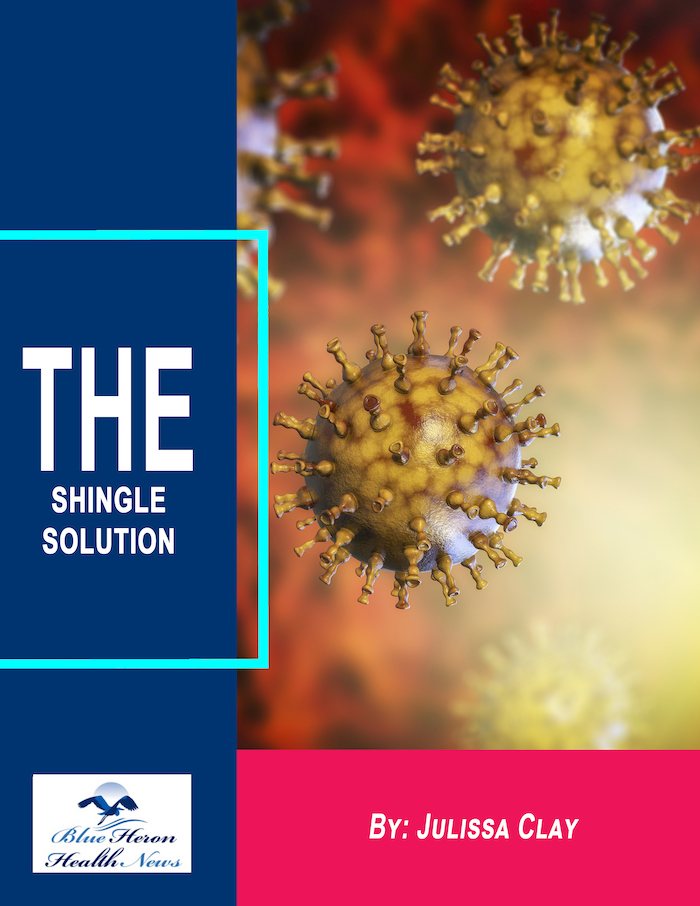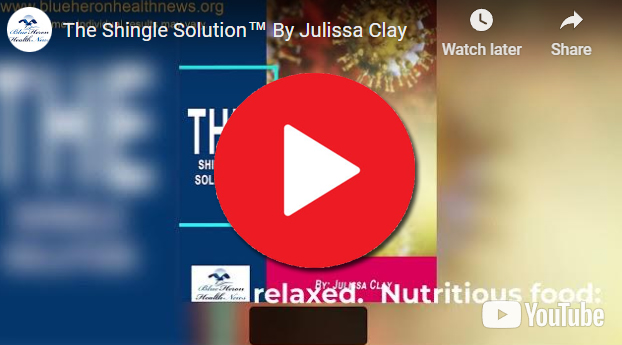
The Shingle Solution™ By Julissa Clay This eBook includes a program to treat the problem of shingle naturally. The author of this eBook, Julissa Clay, a practitioner in natural health, has killed the shingles causing virus completely to overcome the problem of PHN or Postherpetic neuralgia, one of the common complications caused by shingles. This program helps in melting PHN in a few weeks and make shingles a forgotten nightmare.
What are the signs of depression and anxiety in shingles patients?
Depression and anxiety are common among shingles patients, especially due to the intense pain and potential complications like postherpetic neuralgia (PHN). Here are some signs of depression and anxiety to look out for in shingles patients:
Signs of Depression
- Persistent Sadness or Hopelessness:
- The patient may feel overwhelmingly sad or hopeless, which can persist even after the physical symptoms of shingles improve. This is a key indicator of depression .
- Loss of Interest or Pleasure:
- A noticeable lack of interest in activities that the patient previously enjoyed, including hobbies, social interactions, or even basic daily tasks, is a common sign of depression .
- Fatigue and Low Energy:
- Depression often manifests as a deep sense of fatigue and a lack of energy, which can be exacerbated by the physical exhaustion from managing shingles pain .
- Changes in Sleep Patterns:
- The patient might experience insomnia (difficulty sleeping) or hypersomnia (excessive sleeping). Pain and discomfort from shingles can disrupt sleep, and this can further contribute to depressive symptoms .
- Feelings of Worthlessness or Guilt:
- Patients may express feelings of worthlessness or excessive guilt, often related to their illness or their inability to perform normal activities .
- Difficulty Concentrating:
- Depression can cause cognitive issues such as difficulty concentrating, making decisions, or remembering details .
- Appetite or Weight Changes:
- Significant changes in appetite or weight (either loss or gain) can indicate depression. This might be due to a lack of interest in food or comfort eating .
- Suicidal Thoughts:
- In severe cases, patients may express thoughts of self-harm or suicide. This is a critical sign that requires immediate medical attention .
Signs of Anxiety
- Excessive Worry or Fear:
- Shingles patients may experience excessive worry about their health, potential complications, or the possibility of the pain worsening. This constant worry is a hallmark of anxiety .
- Restlessness or Agitation:
- Anxiety can manifest as restlessness, where the patient feels on edge, unable to relax, or easily agitated. This can be particularly noticeable when pain is severe or during flare-ups .
- Physical Symptoms:
- Anxiety often has physical symptoms, including increased heart rate, sweating, trembling, dizziness, or gastrointestinal issues. These can sometimes be mistaken for or exacerbated by the physical symptoms of shingles .
- Panic Attacks:
- Some shingles patients might experience panic attacks, characterized by sudden, intense episodes of fear, shortness of breath, chest pain, and a feeling of losing control .
- Avoidance Behaviors:
- Patients may start avoiding certain activities, places, or situations out of fear that they could trigger or worsen their symptoms, reflecting anxiety-driven avoidance behaviors .
- Sleep Disturbances:
- Like depression, anxiety can also disrupt sleep, leading to insomnia or restless sleep. The fear of worsening pain or complications can keep patients awake at night .
Conclusion
Recognizing these signs of depression and anxiety in shingles patients is crucial for timely intervention. Managing these mental health symptoms, alongside the physical symptoms of shingles, can significantly improve the patient’s overall well-being and recovery.
Sources:
- National Institute on Aging: Shingles Information
- Mayo Clinic: Shingles and Mental Health
- National Institute of Mental Health (NIMH): Depression Overview
- American Psychological Association: Anxiety Disorders
- WebMD: Depression and Anxiety in Chronic Pain
- Healthline: Mental Health and Chronic Illness
- British Journal of Dermatology: Psychological Impact of Shingles
- Centers for Disease Control and Prevention (CDC): Understanding Anxiety Disorders

The Shingle Solution™ if you are suffering from shingles then The Shingle Solution can be the best program for you to relieve your pain and itching by using a natural remedy. It describes the ways to use this program so that you can feel the difference after using it as directed. This natural remedy for shingles can also help in boosting your immune system along with repairing your damaged nerves and relieve pain and itching caused by shingles.